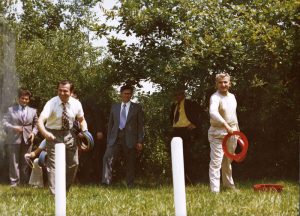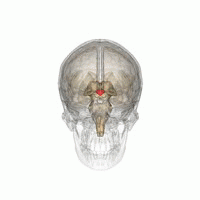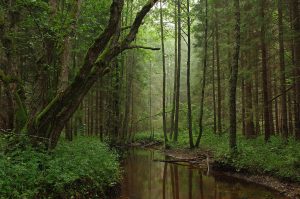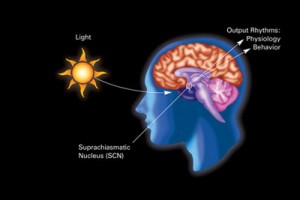Ik heb zojuist “Why We Sleep”van Matthew Walker afgelezen. Dat is een van de beste non-fiction boeken die ik in twee jaar gelezen heb.

Ik had al lang geleden een uitstekende populairwettenschappelijke boek over het thema gehad, Counting Sheep van David Martin. Dat was interessante mengeling van biologische en culturelle, vooral literaire aspecten van slapen en dromen. Walkers boek brengt nieuwe aspecten met zich, het focus is eerder de gezondheid van de mensen, zelfs als het ook in het boek van Martin eerover ging.
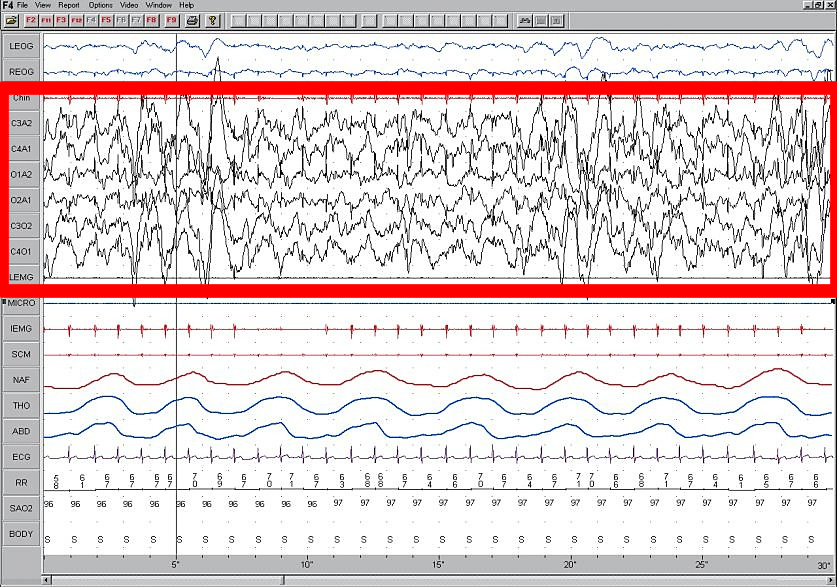
Hier een paar van de thema’s in dit boek:
Hoe werkt precies – zeer precies – cafeïne en welke uitwirkingen die eigenlijk heeft
Wat is eigenlijk de nucleus suprachiasmaticus
Hoe functioneert het circadiaan ritme en melatonine
wat is concreet slapen, hoe fonctionnert de REM-slaap en hoe de non-REM-slaap, o.a wat doen onze neuronale netwerken erbij precies
wat doen andere dieren en hoezo kwam het ertoe
wat doen de mensen specieel die andere dieren niet doen bij het slapen
hoe verandert zich slapen met tijd – spoiler: oudere mensen hebben zoveel slaap nodig als iemand die 20 jaar oud is-
slapen en creativiteit
slapen en opmerkzaamheid
en dutje doen of niet
kanker, slaap en levensverwachting
overgewicht, DNA en slapen
dromen en nut, zeer concreet voor REM en non-REM
slaap en ziekten van het slapen
hoe de maatschapij tegen slapen ging, slapmiddelen en veel meer
slapen, werken, artsen, ziekenhuizen
een nieuwe vizie voor slapen
Ik kan het boek van harte aanbevelen. Ik heb vele puncten hier en daar gelezen maar niet zo in detail en zo goed uitgelegd.
En hier een goede video:
